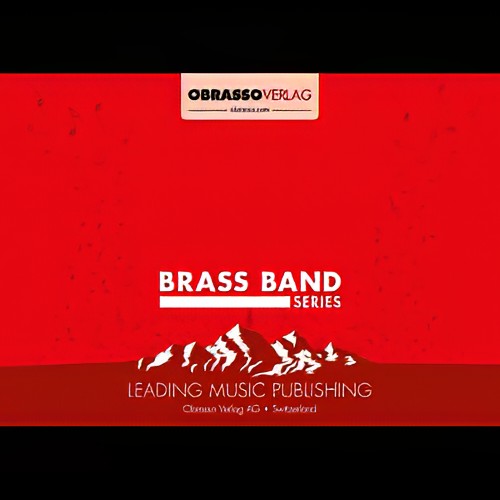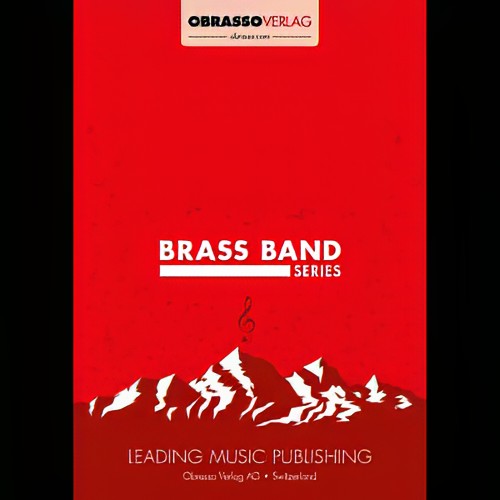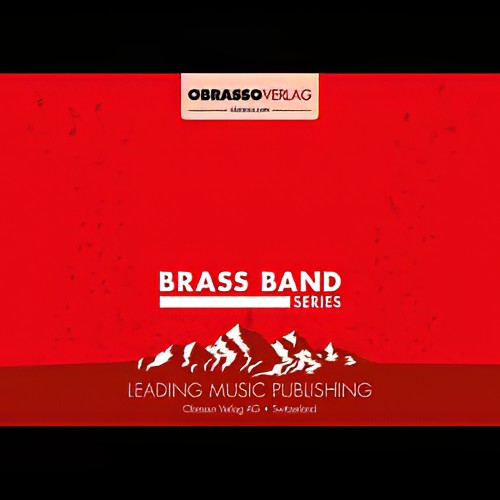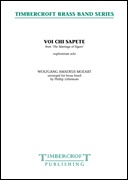Results
-
 £56.00
£56.00Time to Say Goodbye (Cornet and Euphonium Duet with Brass Band - Score and Parts) - Quarantotto & Sartori - Fernie, Alan
Duration: 4.00
Estimated dispatch 7-14 working days
-
 £50.90
£50.90TOURNA A SURRIENTO (Euphonium Solo with Brass Band) - De Curtis, Ernesto - Newsome, Roy
Grade: Medium.
Estimated dispatch 7-14 working days
-
 £59.70
£59.70Trane (Tears) (Cornet and Euphonium Duet with Brass Band - Score and Parts) - Smith, Sandy
as performed by Florian Ast
Estimated dispatch 7-14 working days
-
 £54.20
£54.20VARIATIONS ON A LATIN THEME (Euphonium Solo with Brass Band) - Fernie, Alan
Grade: Medium/Difficult.
Estimated dispatch 7-14 working days
-
 £58.60
£58.60VARIATIONS ON A ROCOCO THEME (Euphonium Solo with Brass Band) - Ruedi, Thomas
Grade: Medium/Difficult.
Estimated dispatch 7-14 working days
-
 £54.20
£54.20VARIED MOOD (Euphonium Solo with Brass Band) - Woodfield, Ray
Grade: Medium.
Estimated dispatch 7-14 working days
-
 £56.00
£56.00Vivo Per Lei (Cornet and Euphonium Duet with Brass Band - Score and Parts) - Mengali & Zelli - Fernie, Alan
Duration: 4.30
Estimated dispatch 7-14 working days
-
 £30.00
£30.00Voi Che Sapete (from The Marriage of Figaro) (Euphonium Solo with Brass Band - Score and Parts) - Mozart, Wolfgang Amadeus - Littlemore, Phillip
Mozart's opera, The Marriage of Figaro, was based on what was a rather scandalous play by Pierre Beaumarchais, because the drama involves an incompetent nobleman being upstaged by a crafty, quick-witted servant named Figaro, in their quest for the same woman. The action takes place in just one day and offers a series of awkward and humorous situations, complete with a vibrant dialogue between the all the main characters. Voi Che Sapete?is performed by Cherubino, who is about to be sent off to the army because the Count finds him a nuisance. When Cherubino appears before the Countess and Susanna to tell them of his fate, this aria is sung at the request of Susanna for a love song. Cherubino is characterized as a young adolescent who is in love with every woman he meets, and because his voice is yet unbroken, he is always played by a female singer.?Duration: 2:30
Estimated dispatch 7-14 working days
-
 £54.20
£54.20WE THREE KINGS (Euphonium Solo with Brass Band) - Freeh, Mark
Grade: Medium.
Estimated dispatch 7-14 working days
-
 £32.95
£32.95WEDDING, The (Euphonium/Brass Band) - Siebert, Edrich
Estimated dispatch 7-14 working days
